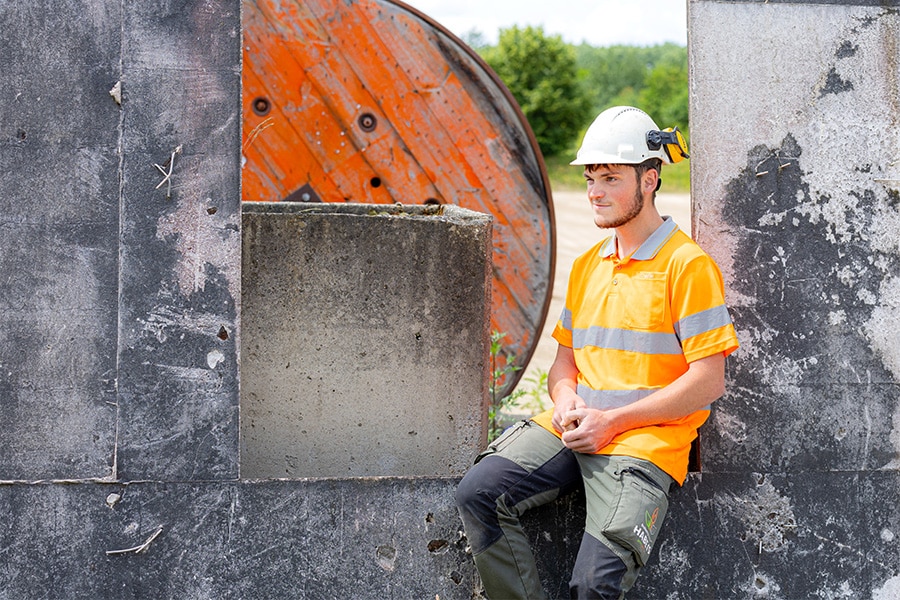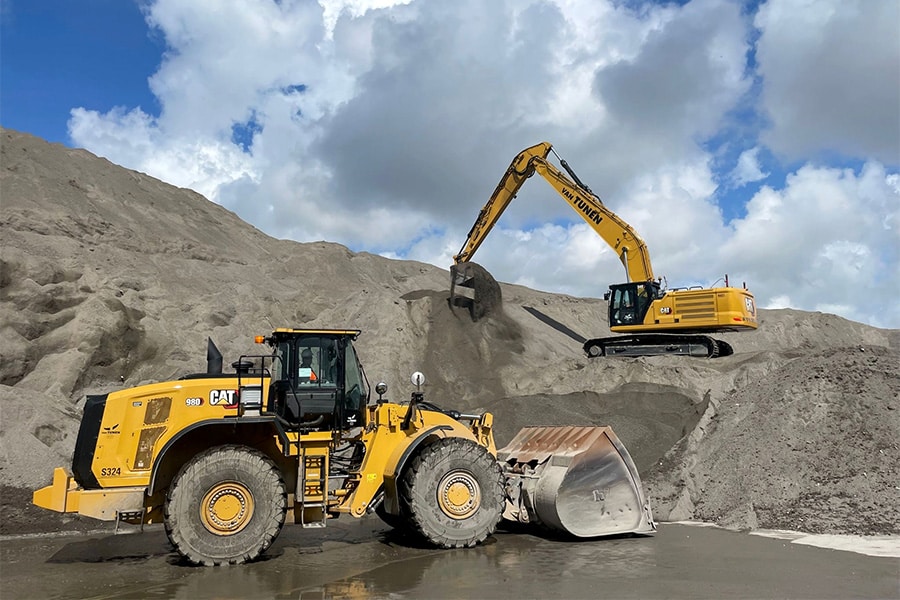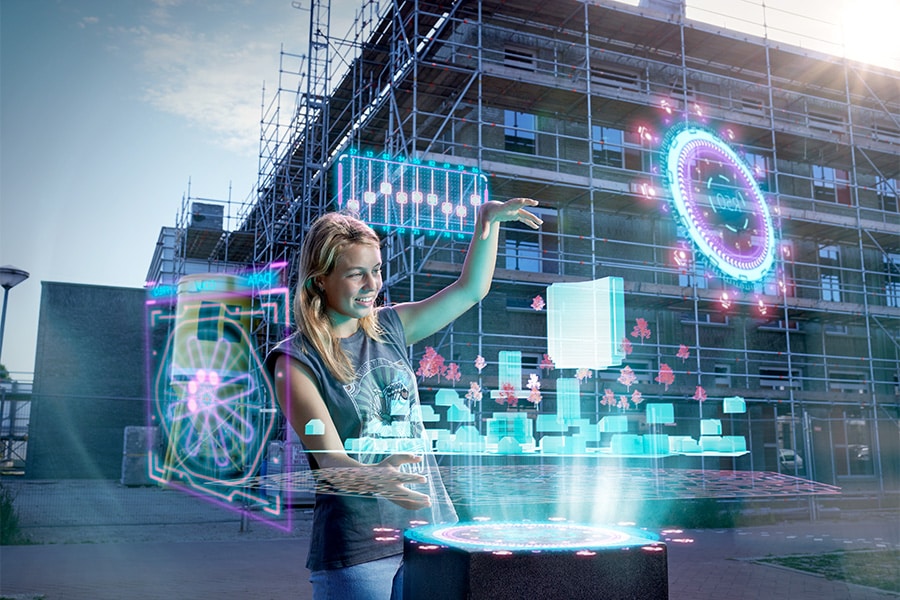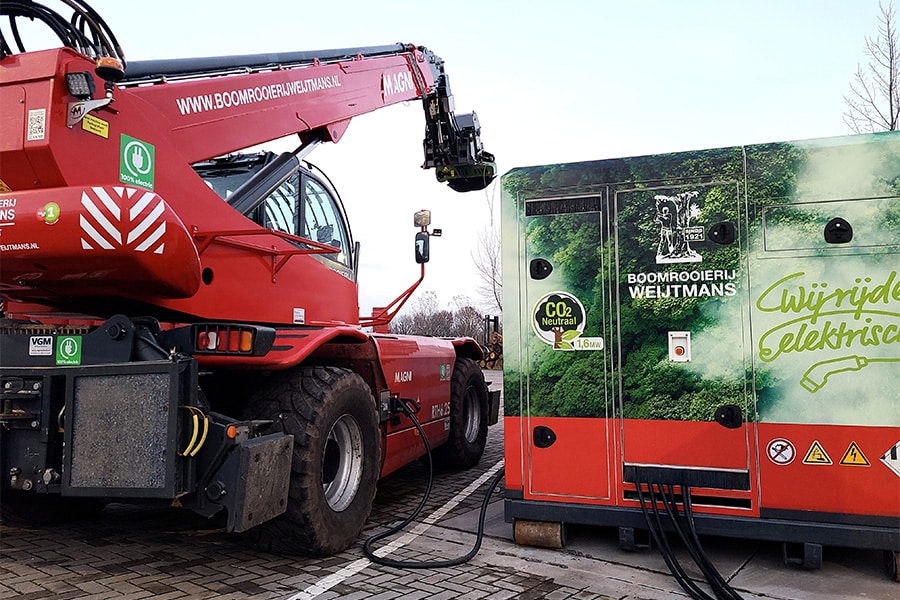
Giving substance to social issues from industrialization and product development
With the dynamism of a young company and at the same time the specialist knowledge and experience of an established concern, Max Bögl Nederland (part of Max Bögl Group of Germany) has been active in the Netherlands for more than twenty years. The company has been involved in wonderful distinctive projects such as the striking Hanzeboog over the IJssel near Zwolle, the extraordinary Fletcher Hotel on the A2/A9, the beautiful Stadsbrug over the Waal in Nijmegen, the stations of Noord/Zuidlijn, the Albert Cuyp garage and Spaarndammertunnel in Amsterdam. Currently, Max Bögl is building, for example, De Entree in Amsterdam and the Aanpak Ring Zuid project in Groningen.

"All are projects we are proud of," says Mike Rijnbeek, business manager project acquisition at Max Bögl Netherlands. Mara Ririassa, business development manager adds: "Challenging issues we answer with technical, innovative and appropriate solutions in the areas of infrastructure, utility construction and energy."

Nice mix
According to Rijnbeek, there is a nice interaction between Max Bögl Netherlands and Germany. "Because we do a lot of product development at Max Bögl, we can bring in precisely our expertise at the front end, where design freedom is of great added value." Ririassa adds: "We show more guts and try to think out-of-the-box. We also work together with Germany in the area of sustainability and, among other things, give substance to MKI and LCA requirements that clients include in their contracts. It's great to see how the teams in both countries are pushing each other to the next level."
"Our added value lies in the fact that we develop our own products. To respond to major trends (sustainability and mobility), the Transport System Bögl was developed. A magnetic glider, which operates quietly, space-saving, low emission, flexible and reliable. A product development for the long term, both in the field of passenger transport and cargo."

Modular Viaduct Bögl
Rijnbeek also mentions the latest product innovation Modular Viaduct Bögl, "From the trend of sustainability and the large replacement task we face in the Netherlands, this product was developed." Ririassa explains that the modular, demountable and circular viaduct does well in terms of sustainability and reuse of materials. "The viaduct consists entirely of standard elements chosen to be applicable at any location. The concrete deck is also modular and directly drivable (no asphalt is used). The viaduct is a lot more sustainable, contains less material, causes less CO2 emissions and thus has a lower MKI value." Rijnbeek: "Precisely with a standardized system, the pace is higher and the construction time on site is significantly shorter. We can also cope better with the scarcity of good craftsmen, need fewer materials and cause less environmental nuisance. With our distinctive products and our way of thinking, we give substance to social issues," he concludes.



